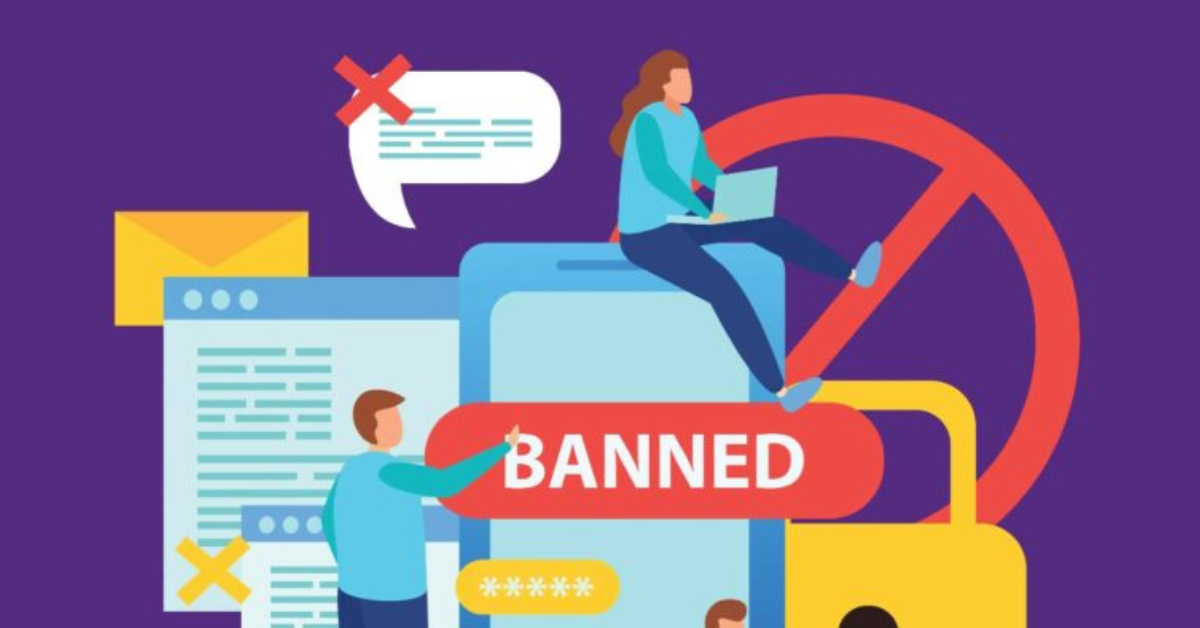SC directed MeitY to file an affidavit stating if there is any standard protocol to deal with alleged ‘arbitrary’ internet shutdowns
The petitioner said that the state governments are imposing internet shutdowns on arbitrary grounds, including to prevent cheating during various exams
The petitioner has claimed that the state governments have been snapping the internet on ‘imaginary, fanciful or fictitious law and order problems’
The Supreme Court (SC) on Friday (September 9) reportedly issued a notice to the Ministry of Electronics and Information Technology (MeitY) while hearing a petition alleging arbitrary internet shutdowns in the states of Rajasthan, West Bengal, Arunachal Pradesh, and Gujarat.
A bench headed by Chief Justice of India UU Lalit directed the ministry to file an affidavit stating if there is any standard protocol to deal with the grievance raised by the petitioner.
It is pertinent to note that the union government is not a party to the proceedings, but has been roped in by the SC to ascertain the protocol on the matter.
Arguing for the petitioner Software Freedom Law Centre, advocate Vrinda Grover said that the state governments are imposing internet shutdowns on arbitrary grounds, including to prevent cheating during various exams.
The bench, which also comprised Justices Ravindra Bhat and PS Narasimha, remarked that such infractions could be dealt with when these infractions arose and a declaratory order of a general nature would not help because the governments may just do it again.
The bench also took note of the fact that the petitioner had previously also approached Calcutta and Rajasthan High Courts with the same set of grievances.
“Why can’t you move the HCs? You have already done so…The HCs can be urged to follow the apex court judgement in the Anuradha Bhasin case,” the bench said.
In the Anuradha Bhasin vs Union of India case, the SC had termed undefined restriction on internet services as illegal and ruled that internet shutdown orders ought to satisfy the tests of necessity and proportionality.
Advocate Grover said that the internet shutdown orders issued by the state governments did not comply with the guidelines set under the Bhasin case.
“The Rajasthan government told the HC that there will be no internet shutdown…But, after some time, they imposed the ban…They say it is to prevent cheating. But would proportionality permit this… today when we are doing everything digitally,” Grover was quoted as saying.
She further noted that the orders on internet shutdown are not available in public domain and it requires a lot of work to get them.
The SC also debated the viability of installing jammers in examination centres to avoid snapping the internet altogether to prevent cheating.
CJI Lalit was quoted as saying that a sense of proportionality would be there if the government could have jammers, but there would be cost implications for installing jammers in every district.
The petitioner has claimed that the state governments have been snapping the internet on ‘imaginary, fanciful or fictitious law and order problems’.
The plea has also questioned the shutdowns on the ground of exaggerated threat perception by authorities, noting that cheating at examinations does not tantamount to law and order problems.
According to the petitioner, India has witnessed 681 internet shutdowns since 2012 and has already recorded 66 shutdowns so far this year.
Interestingly, Assam shutdown internet in 25 districts last month to prevent cheating in exams.
As per a report, Indians suffered over 8,927 hours of internet blackouts in 2020 which led to an estimated revenue loss of $2.8 Bn. Similarly, authorities imposed more than 100 internet shutdowns in 2021 which cost the country more than $580 Mn.
Earlier this week, the Internet and Mobile Association of India (IAMAI) shot off a letter to the central government to curb internet shutdowns in the country.








